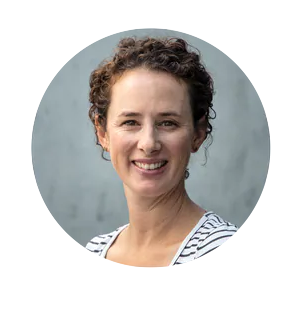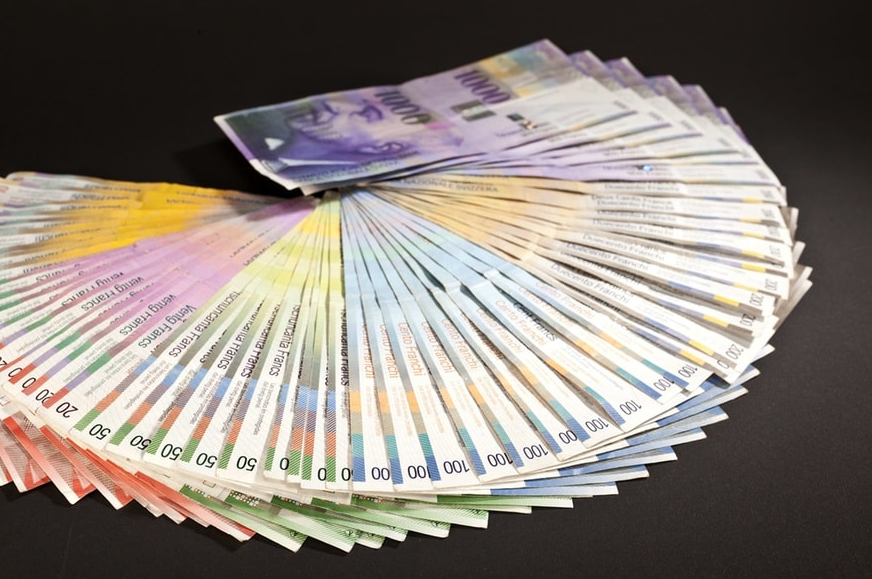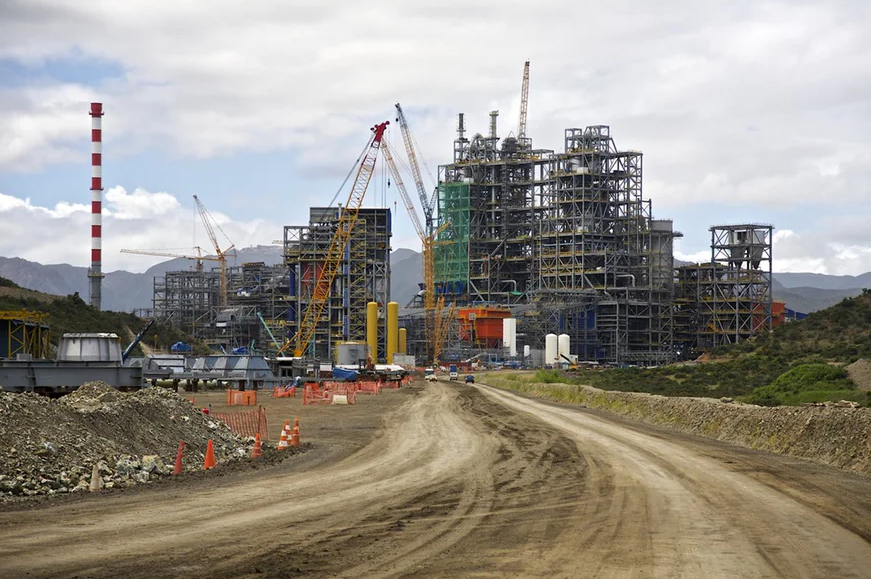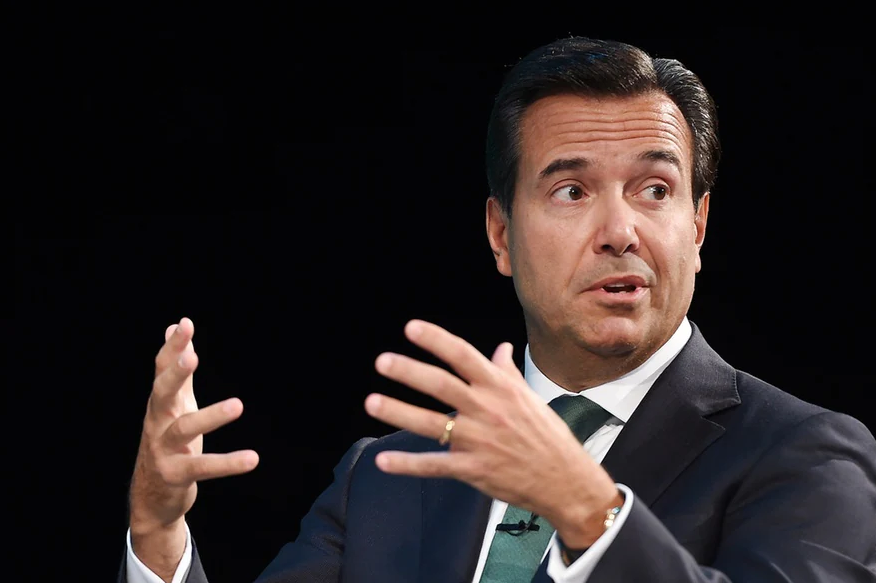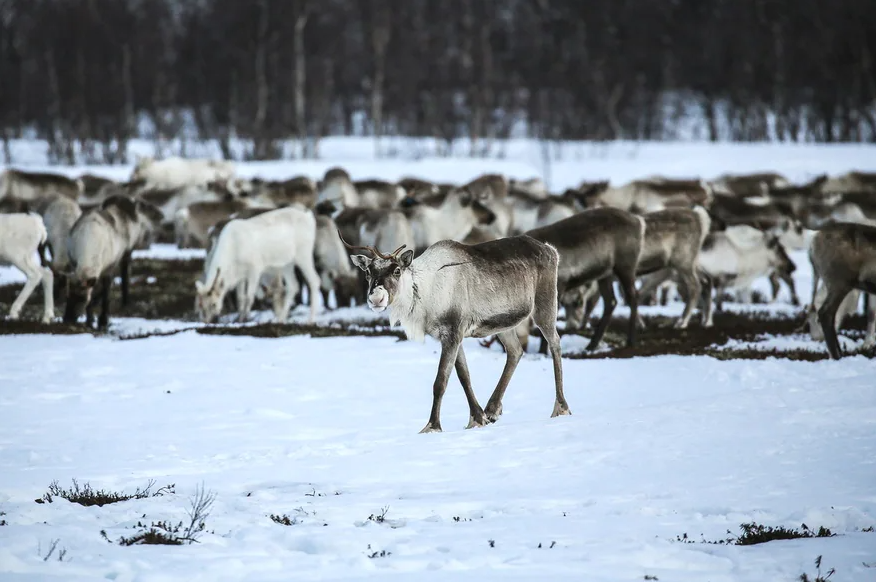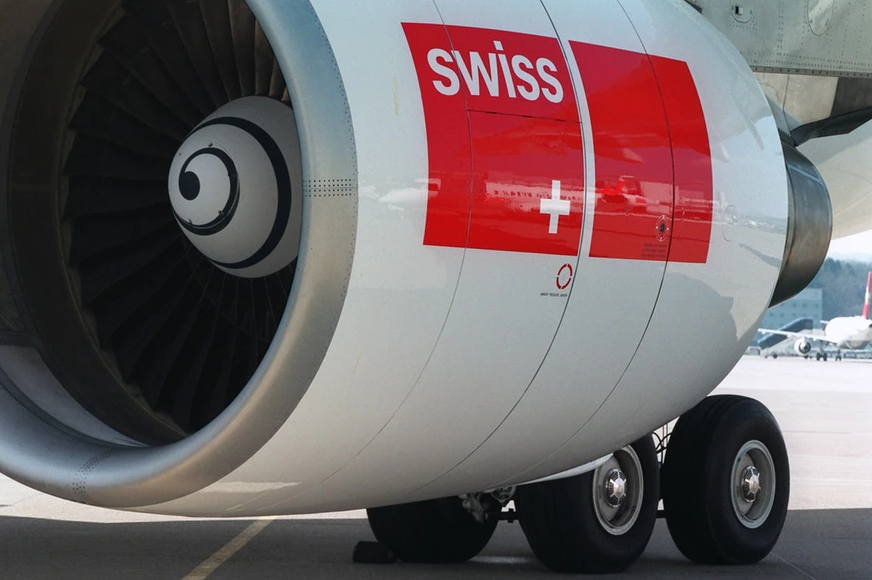Jessica Davis Pluess Companies come to Switzerland for tax reasons all the time. Should that be illegal? It’s fairly common to find companies that are “based” in Switzerland but do very little business in the country. These aren’t shell or letterbox companies in many cases. They have real people, in real offices but what they do here is miniscule compared to their activities outside the country. A couple weeks ago, the NGO Bread for All reportedExternal link on such a company – the agribusiness firm Socfin. The holding company is registered in Luxembourg but in 2010, the group’s management and several subsidiaries were established in Switzerland – for tax reasons, writes the NGO. The group’s core business takes place far away – developing tropical oil palm and
Topics:
Swissinfo considers the following as important: 3.) Swissinfo Business and Economy, 3) Swiss Markets and News, Featured, Multinationals, newsletter
This could be interesting, too:
Nachrichten Ticker - www.finanzen.ch writes Die Performance der Kryptowährungen in KW 9: Das hat sich bei Bitcoin, Ether & Co. getan
Nachrichten Ticker - www.finanzen.ch writes Wer verbirgt sich hinter der Ethereum-Technologie?
Martin Hartmann writes Eine Analyse nach den Lehren von Milton Friedman
Marc Chandler writes March 2025 Monthly
Companies come to Switzerland for tax reasons all the time. Should that be illegal?
It’s fairly common to find companies that are “based” in Switzerland but do very little business in the country. These aren’t shell or letterbox companies in many cases. They have real people, in real offices but what they do here is miniscule compared to their activities outside the country.
A couple weeks ago, the NGO Bread for All reportedExternal link on such a company – the agribusiness firm Socfin. The holding company is registered in Luxembourg but in 2010, the group’s management and several subsidiaries were established in Switzerland – for tax reasons, writes the NGO.
The group’s core business takes place far away – developing tropical oil palm and rubber plantations across Africa and South-East Asia. However, through some complex corporate structuring, the group reports most of its profits where taxes are the lowest. Bread for All found Socfin’s profits per employee are around CHF1,710 in Africa where the tax rates are over 25% compared to CHF122,000 per year in Switzerland where the average rate is around 14%.
One study by the International Monetary Fund, published last month, found that Africa, which accounts for 30% of global mining reserves, loses between $450 and $730 million a yearExternal link in corporate income tax revenues due to profit shifting by multinational companies in the mining sector.
This isn’t illegal but should it be? For nearly a decade, more than 100 countries have been debating how to make the global tax system fairer, arriving at a final deal in October. Daniel Bunn from US-based thinktank Tax Foundation told me that the real success of the deal is getting so many countries, including low-tax jurisdictions like Ireland and Switzerland, to agree on something. He’s much more sceptical it will keep companies from moving things around to get the best tax deal. The Organisation for Economic Cooperation and Development (OECD), which were the architects of the dealExternal link, has admitted that the deal won’t end tax competition but simply puts limits on it.
Whether the deal will change how much Socfin pays in each jurisdiction, and whether that will be any fairer, are unclear. What is clear though is that the tax system is about to get even more complex, which Bunn doubts will make things feel more transparent. The big winners in the deal: tax advisors and accountants.
What would a fair global tax system look like? What would it mean for Switzerland? Curious to hear your thoughts. [email protected]
What else caught my eye?
Lawsuits are piling up for Syngenta over paraquat. My colleague Anand Chandrasekhar reported on the growing number of product liability lawsuits, mostly class action, that have been launched in the US against the Basel-based agribusiness, which is owned by ChemChina. American farmers behind the lawsuits claim that the company failed to warn them of the herbicide’s links to serious health problems including Parkinson’s disease. According to Syngenta, paraquat is no longer registered for sale in 72 countries, including Switzerland and China, but is still being sold in 27 countries including America.
Glencore is under pressure to keep more cobalt revenue in the DRC. According to news platform Geneva Solutions, the Deputy Prime Minister of the Democratic Republic of Congo (DRC) told Swiss delegates at the COP26 climate conference in Glasgow that commodities and mining giant Glencore must either stop exporting cobalt and copper from the DRC or process them locally. There has been a scramble to secure minerals and metals like cobalt that are essential to the energy transition. Some 60% of cobalt, which is a key component in rechargeable batteries, comes from the DRC. In a blunt statement, the DRC representative said: “[The raw materials] belong to us.”
Swiss nickel mining project triggers protests in Guatemala. The mining project has been a flashpoint of protests for weeks, causing the local government to declare a state of emergency in the northeast region a few weeks ago where the mine is based. The protesters claim the mine continues to operate despite a court ruling demanding a suspension after allegations the company didn’t fully consult indigenous communities. The company claims that it is complying with the order and that it is still operating sites that aren’t part of the suspension. In a new development, a couple dozen protestors took their demands to the Russian and Swiss embassies according to the Spanish news agency EFEExternal link. The mine is run by a subsidiary of Solway, which is a private mining group with headquarters in Switzerland. The company has been labelled Russian by some media outletsExternal link but the company told SWI swissinfo that it is “fully owned by EU citizens”.
Novartis earnings report prompts big changes. The Swiss pharma giant announced it is selling its 33% stake in crosstown rival Roche after 20 years. Novartis has been Roche’s second largest shareholder in terms of voting rights after the Roche family, which controls 50.1% of the company. Novartis is also floating the idea of selling its generics and biosimilars division Sandoz, to focus on “higher-grossing speciality drugs, a trend also seen more broadly in the industry” writes the Financial TimesExternal link.
We’ll be talking more about the pharmaceutical industry in a live discussion on Instagram next Tuesday, November 16, at 3pm CET. Log-in to Instagram and find the live discussion hereExternal link. https://www.instagram.com/swissinfo.ch_en/
Feedback or story tips? Send me a message: [email protected]External link.
Thanks for reading.
Tags: Featured,Multinationals,newsletter

